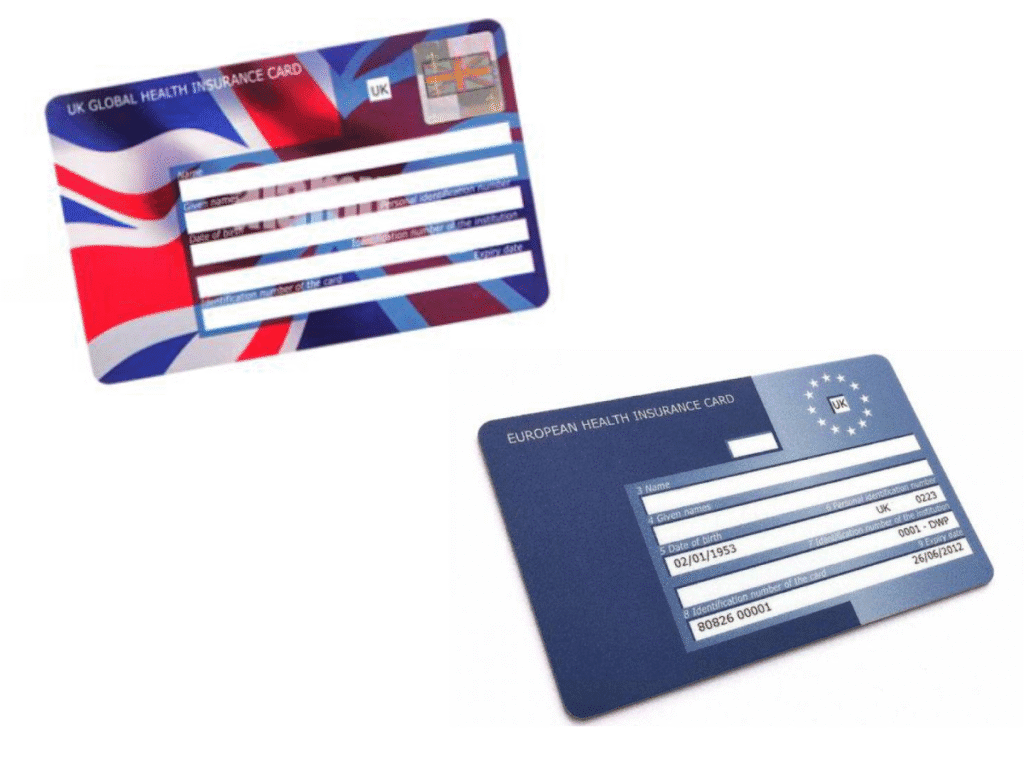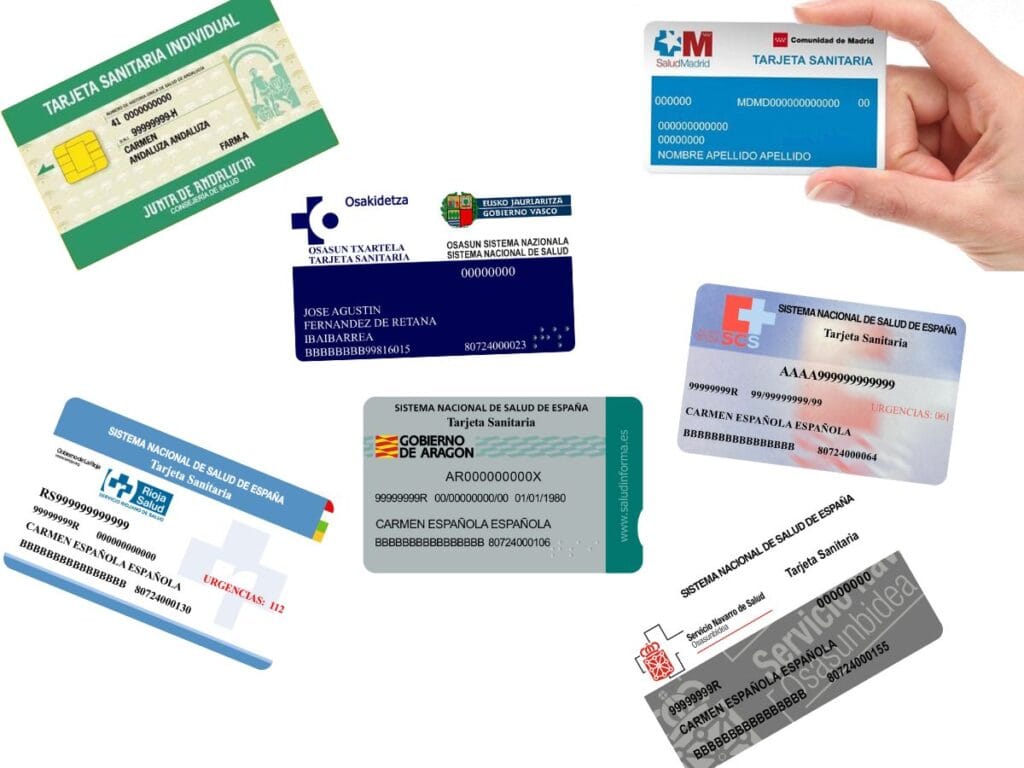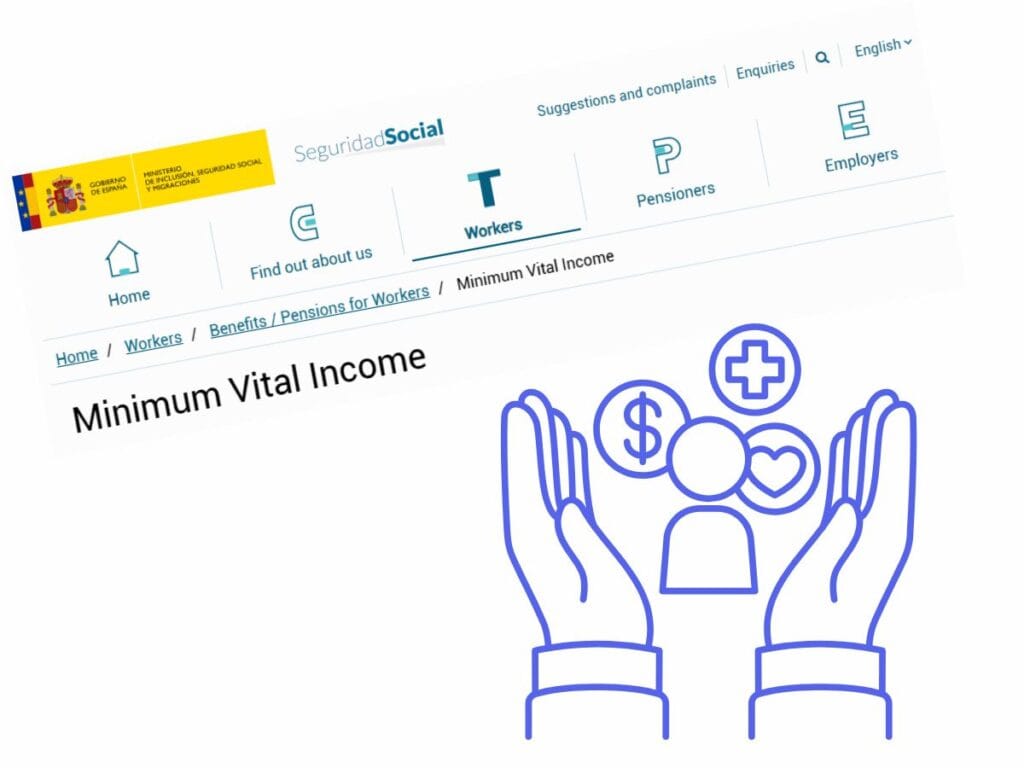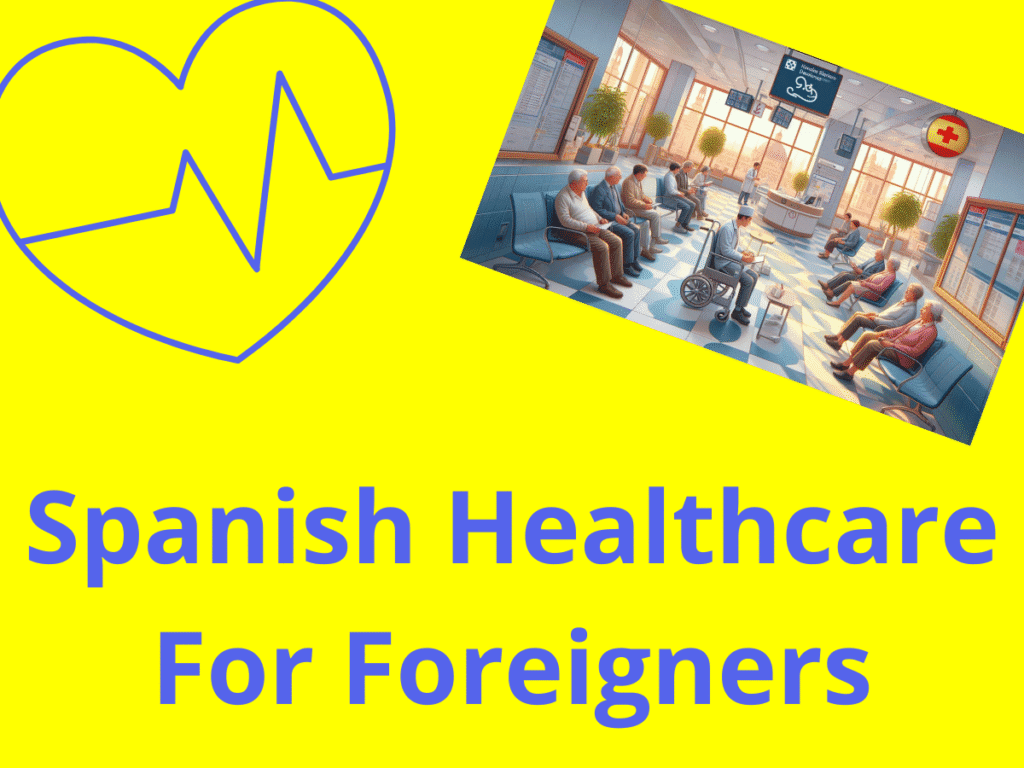Healthcare for Non-EU/EEA/Swiss/UK
Access to healthcare in Spain for non-EU/EEA/Swiss/UK nationals largely depends on the duration and purpose of their stay, as defined by their visa or authorization. For short stays, private travel insurance is necessary, while long-term residents on visas like the Non-Lucrative Visa (NLV) or Digital Nomad Visa (DNV) are required to have comprehensive private health insurance.
Summary of Healthcare Access by Status
| Status | Duration of Stay | Required Coverage | Primary Access to Care |
| Short Stay/Schengen | Up to 90 days | Travel/Schengen Insurance (min. €30,000) | Private Healthcare (covered by insurance) |
| ETIAS | Up to 90 days | Travel Insurance is highly recommended. | Private Healthcare (covered by insurance) |
| NLV (Initial) | 1st year of residency | Comprehensive Private Health Insurance | Private Healthcare |
| DNV (Initial) | 1st year of residency | Comprehensive Private Health Insurance and/or Social Security contributions | Private Healthcare and/or Public (SNS) via contributions |
| NLV (Long-term) | After 12 months | Private Insurance OR Convenio Especial | Convenio Especial (Paid Public Access) |
| DNV (Long-term) | Ongoing residency | Public Healthcare via mandatory Social Security contributions | Public Healthcare (SNS) |
Short Stay Visa (Schengen “C” Visa)
For stays of up to 90 days in any 180-day period (tourism, business, short-term study, etc.), non-EU/EEA/Swiss/UK nationals typically need travel insurance.
- Requirement: When applying for a Schengen visa, you must show proof of medical travel insurance that covers the entire Schengen area.
- The minimum coverage generally required is $30,000 (€30,000) for medical emergencies, hospitalization, and repatriation.
- Access to Care: Your primary access to care will be through the private healthcare system using your travel insurance.
- In a medical emergency, you may be treated at a public hospital, but you will be charged, and your travel insurance should cover the costs.
- Public Healthcare (SNS): You are generally not eligible for Spain’s public healthcare system (Sistema Nacional de Salud or SNS) for routine care as a short-term visitor.
ETIAS (European Travel Information and Authorization System)
The ETIAS is a travel authorization, not a visa, for visa-exempt non-EU nationals for short stays (up to 90 days). It is expected to become operational in the latter half of 2026.
- Requirement: While ETIAS itself is not a health insurance policy, travel officials may still request proof of travel insurance at the border, similar to a visa-free short stay.
- Recommendation: It’s highly recommended to purchase comprehensive medical travel insurance that provides full coverage for your entire trip, as you will not be covered by the Spanish public healthcare system.
Non-Lucrative Visa (NLV) and Digital Nomad Visa (DNV)
These visas grant non-EU nationals residency in Spain for a longer duration (initially one year, renewable). Healthcare is a non-negotiable requirement for the application.
Initial Requirement: Comprehensive Private Health Insurance
For both the NLV and the DNV, you must secure private health insurance that meets strict requirements for your initial application and subsequent renewals:
| Requirement | NLV (Non-Lucrative Visa) | DNV (Digital Nomad Visa) |
| Type of Insurance | Private, full coverage (no co-payments/deductibles) | Private, full coverage (no co-payments/deductibles) |
| Coverage Level | Must be equivalent to the Spanish public health system (SNS). | Must be equivalent to the Spanish public health system (SNS). |
| Validity | Must be valid in Spain for the entire duration of the visa (typically the first year). | Must be valid in Spain for the entire duration of the residence permit. |
| Key Features | Must include hospitalization and repatriation. | Must include hospitalization and repatriation. |
| Insurer | Must be purchased from an insurance company authorized to operate in Spain. | Must be purchased from an insurance company authorized to operate in Spain. |
Access to Public Healthcare (SNS) After Initial Residency
Your eligibility for the public system may change after you have been a legal resident for some time:
| Visa Type | Initial Public Healthcare Access | Path to Public Healthcare Access (After Residency) |
| NLV | None. The visa explicitly requires private insurance and prohibits working (and therefore, contributing to Social Security). | You may be eligible to join the public system through the Convenio Especial (Special Agreement) after 12 months of legal residency. This is a voluntary, paid public health scheme. |
| DNV | You are required to have private insurance for the visa application. | You are required to contribute to the Spanish Social Security system as part of your DNV status. This contribution should grant you access to the public healthcare system (SNS) once your residency and contributions are fully registered. |
Special Agreement Non-Active Foreigners
Foreign nationals receiving public pensions
Foreign nationals receiving public pensions do not need to sign the special agreement if they can prove, with the appropriate certificate, that they are entitled to healthcare from the State from which they receive their pension. For example, with S1 form for pensioners from the European Union (EU)/European Economic Area (EEA)/Switzerland/United Kingdom.
Legally Residents in Spain for Five Years
Citizens of an EU Member State or of a State party to the EEA Agreement, and family members who are not nationals of one of these States, who have been legally resident in Spain for a continuous period of five years acquire the right of permanent residence and are therefore entitled to healthcare in the SNS at public expense.
What does it cover
It allows affiliation to the SNS, against payment of a fee and without co-payments or grace periods, to all the healthcare benefits of SNS
How much does it cost
a) If the signatory is under 65 years of age: monthly fee of 60 euros.
b) If the signatory is 65 years of age or older: monthly fee of 157 euros.
The special agreement on healthcare provision is signed with the Regional Health Service of the Autonomous Community (Region) in which the municipality where the foreign citizen is registered is located or with the National Institute of Health Management (‘Instituto Nacional de Gestión Sanitaria’, INGESA) in the cities of Ceuta and Melilla.
- Identification document of the applicant (Identity card/Foreigner identification number (‘Número de identidad de extranjero’, NIE)/Passport or Residence card).
- Document accrediting effective residence in Spain or in the territory of the other EU Member States, the EEA, the United Kingdom or Switzerland for a continuous period of at least one year immediately prior to the date of the application for the special agreement.
- City registration in a Spanish municipality (registration in the ‘padrón’).




